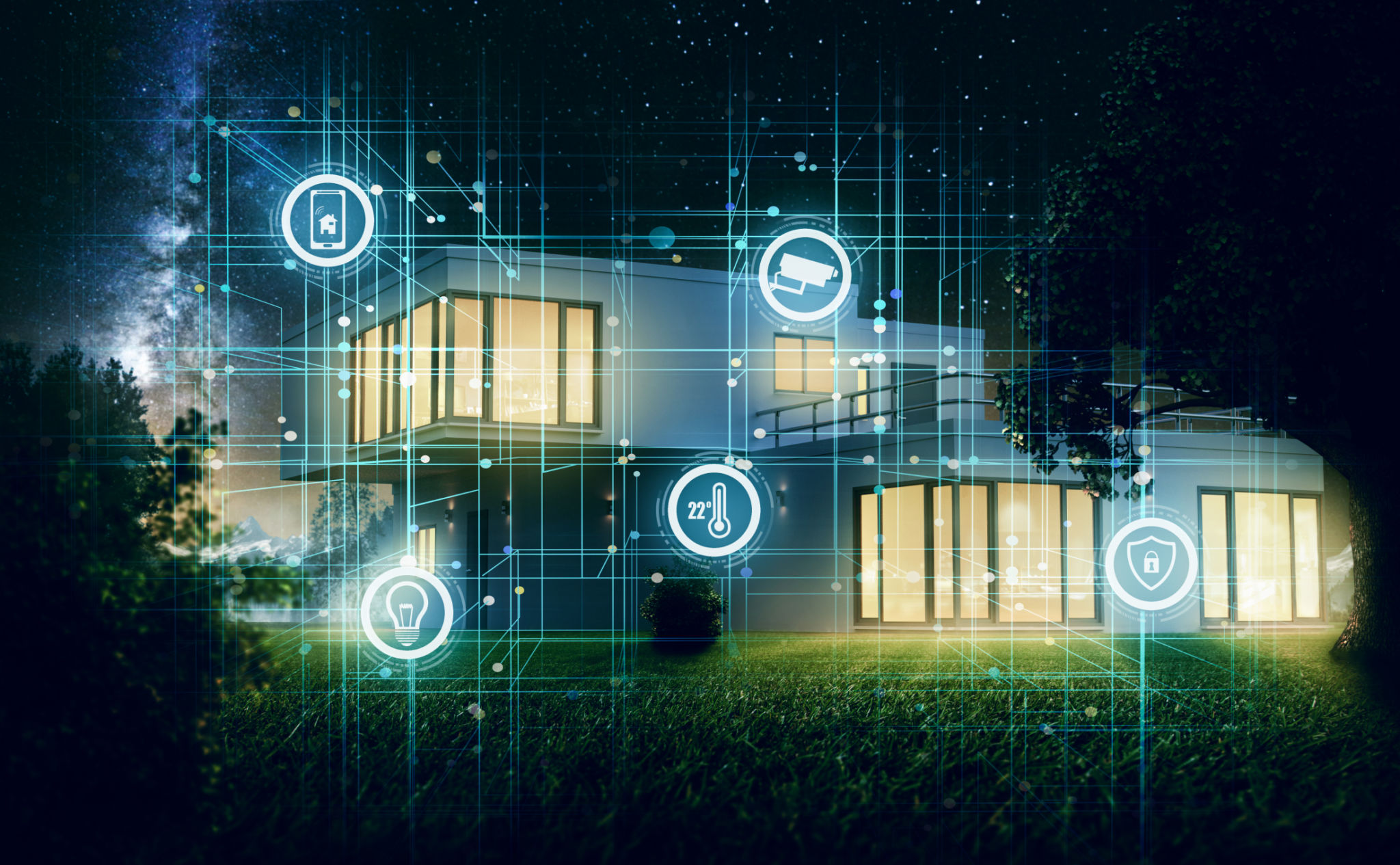Integrating Smart Home Technology into New Builds: A Guide for Homeowners
Understanding the Basics of Smart Home Technology
Smart home technology has revolutionized the way we interact with our living spaces. From controlling lighting and temperature to enhancing security, these systems offer convenience and efficiency. For homeowners planning a new build, integrating smart technology can significantly enhance the property's value and functionality.

The Benefits of Smart Home Integration
Integrating smart technology into new builds offers numerous advantages. Firstly, it provides a seamless living experience, allowing homeowners to control various aspects of their home through a single device or app. Secondly, smart systems can lead to energy savings by optimizing the use of resources like electricity and water. Finally, enhanced security features such as smart locks and cameras provide peace of mind.
Choosing the Right Smart Devices
Selecting the appropriate smart devices is crucial for effective integration. Homeowners should consider devices that align with their lifestyle and needs. Popular options include smart thermostats, lighting systems, and security cameras. It's advisable to choose devices that can communicate with each other, providing a cohesive smart home experience.

Planning the Integration
When planning to integrate smart technology into a new build, it's essential to consider the layout and infrastructure. Collaborating with architects and builders early in the design phase ensures that necessary wiring and connections are included in the building plans. This proactive approach can prevent costly modifications later.
Installation Tips for Homeowners
Once you've chosen your devices, installation is the next step. While many smart devices offer DIY installation, others might require professional assistance, especially those integrated into the home's infrastructure. Reliable network connectivity is crucial, so ensure a strong Wi-Fi setup throughout the house.

Maintaining and Upgrading Your Smart Home
Regular maintenance of smart devices is vital to ensure they function optimally. Software updates are often released to enhance performance and security, so keeping devices updated is important. Over time, you may also want to upgrade to newer technologies as they become available, ensuring your home remains on the cutting edge.
Addressing Privacy Concerns
Privacy is a significant concern for many homeowners considering smart technology. To protect your data, choose devices from reputable manufacturers that prioritize security. Additionally, regularly update passwords and use multi-factor authentication where possible. Being informed about privacy settings and data sharing options can also help you maintain control over your information.
The Future of Smart Homes
The future of smart homes is incredibly promising, with advancements continuously being made in AI and IoT technologies. As these innovations become more integrated into everyday life, homeowners can look forward to even more personalized and efficient living environments. Staying informed about these trends can help you make informed decisions about future upgrades.

In conclusion, integrating smart home technology into new builds offers numerous benefits that enhance convenience, efficiency, and security. By understanding the basics, choosing the right devices, and addressing privacy concerns, homeowners can create a modern living space that meets their needs today and adapts to future advancements.
